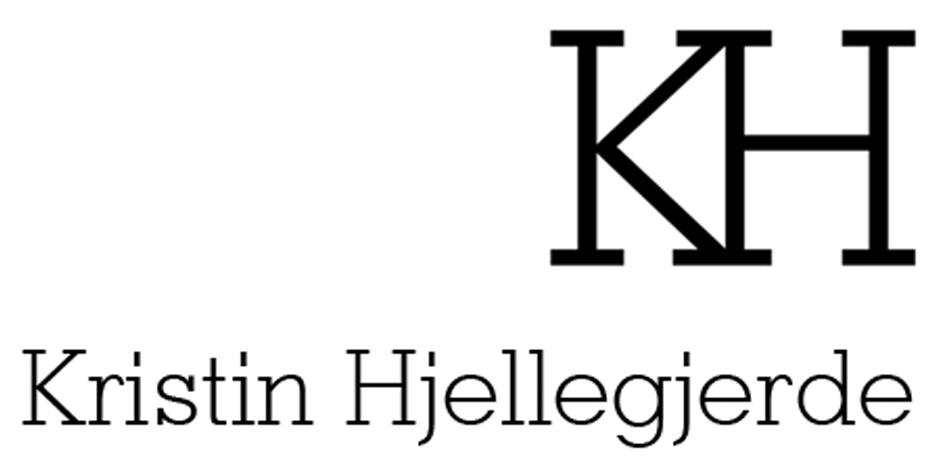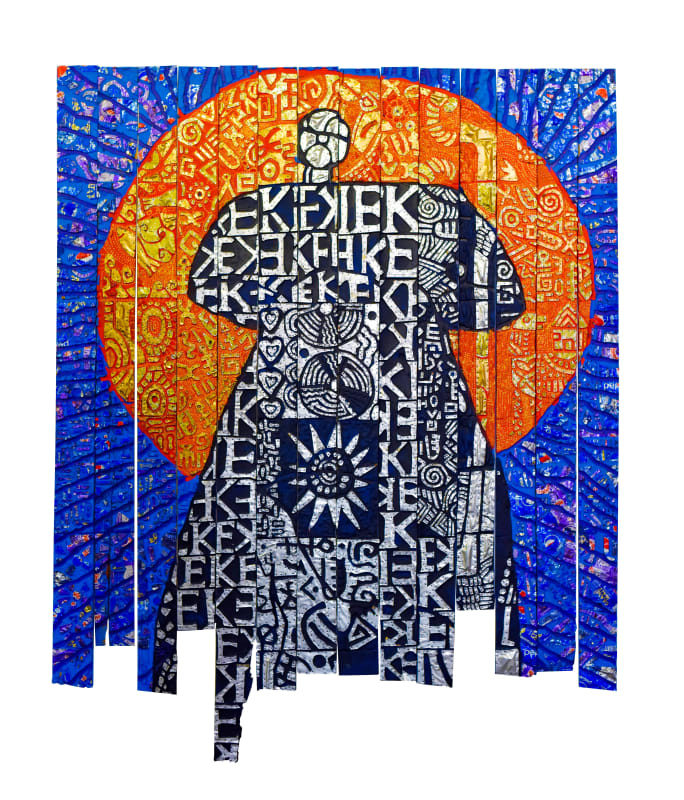Opening Day: Saturday 9 May, 12:00 - 18:00
Gerald Chukwuma’s thrilling ability to capture moments of rapture reaches new heights in his meditations on the ancient Ikwokirikwo dance, at the Kristin Hjellegjerde Gallery Berlin.
“The Ikwokirikwo is a form of communication – culture, religion, ritual and invocation rolled into one. I spent many hours talking to dancers who are in their eighties and nineties now;for them, it’s dance as a bridge to the ecstatic.”
In its size and vibrancy, Chukwuma’s work transports. The sheer, painstaking physicality – of building, cutting, nailing, burning, chiselling, and painting – generates energy. The spiralling figures draw the viewer into their dance, flashes of colour elevate. Accurately, Chukwuma describes his work as a visual orchestra; the mix of woods like a series of bass tones, the use of fire to bring out the black, nails hinting at percussion, playing on pieces from aluminium cans and phone cards – “beautiful, durable, and colourful”, they form the melody.
The result is best described as a force of nature. These works were made over a period of months in three separate locations: the streets of Lagos (to discover the discarded objects that will find new life as works of art); the workshop (to build); and the studio (to finish). It is not the physical nature of the works which dictates the pace of their creation, however, but the difficulty of maintaining the necessary creative energy.
“To make these works, I had to go where the dancers go when they dance, to enter that same state of elevated consciousness. During all the time I spent with them, I never saw a single written document; but it’s hard to imagine how words would capture it – a quality that certain very specific movements of the body have acquired over centuries – but art has that power. To perform what the spirit feels – to invoke what the dancers invoke.”
Two works in the exhibition, Before and After, show the strict preparations necessary to achieve this level of spiritual purity, and the toll it takes. They frame the dance itself as a bridge, not only between the dancers and their culture, but between colour and movement, past and future, loss and renewal, sadness and joy, anticipation and exhaustion. It is a bridge which exists only in the vanishingly small moments when one lives wholly in the present.
For many years, Gerald Chukwuma’s work has drawn inspiration from uli art. A gift from Awa, Goddess of earth, these patterns and designs are traditionally applied to women’s bodies or the walls of a house, disappearing after a few days or when rain arrives to wash them away. In Chukwuma’s hands, they become not merely transient, but transcendent. Standing before his latest creations, the viewer can only marvel at the combination of technical mastery and courage required to hold so many opposing forces in balance – and gratefully accept his invitation to join their eternal dance.


